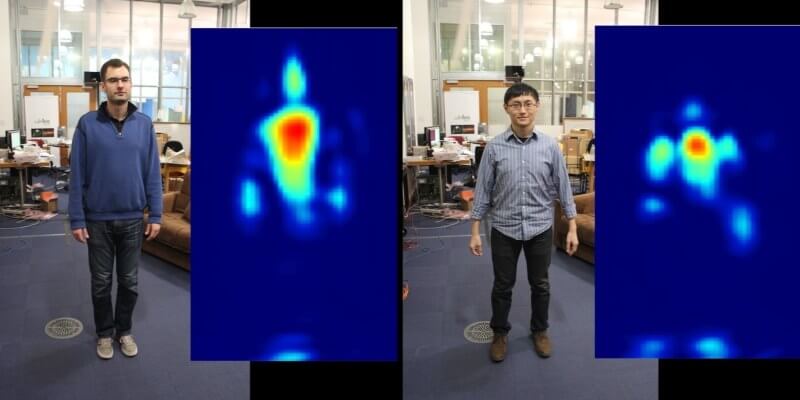In brief: Apple's recent Watch health tracking feature announcements may have been impressive, but MIT professor Dina Katabi is about to one-up the tech giant. Katabi has developed a completely-stationary prototype device that can track things like user heart rate, sleeping patterns, and even walking style through walls.
Technology has the potential to do great harm, but it can also improve our lives quite a bit. One great example of the latter is health tracking wearables like Fitbit's Charge HR or the Apple Watch.
These devices can keep track of our sleep patterns, heart rate, and – if Apple's latest announcement is any indication – they'll soon be able to warn us ahead of time about potential heart problems.
However, if MIT has it's way, those health tracking tools will be old news down the line. Speaking at the EmTech MIT conference hosted by MIT Technology Review, professor Dina Katabi discussed a device she'd developed that can track all of the metrics mentioned above, in addition to your own personal walking style.
That may not sound very impressive, but here's the catch: Katabi's device is completely stationary, and it tracks your health information as you walk around your home, even through walls. No bulky equipment or Fitbit-like wearables are needed.
Katabi's device is completely stationary, and it tracks your health information as you walk around your home, even through walls...
Katabi's impressive device works by transmitting a "low-power wireless signal" throughout your house (it only covers homes the size of a one to two-bedroom apartment for now), according to MIT Technology Review.
As you breathe, move around, and sleep, you naturally disrupt the electromagnetic fields around you. Katabi's tech reportedly uses the power of AI and machine learning to analyze the data generated by those disruptions.
Apparently, Katabi is already testing her technology in "over 200" homes, which is a pretty impressive number for such an early prototype. Katabi's testers include healthy individuals, as well as people with debilitating medical conditions like Alzheimer's or Parkinson's disease.
Personally, as useful as this tech could be for doctors, I'm not sure I'd want a device in my house that could literally track my every move. Still, the device's potential privacy implications won't matter for some time. It's still in very early development, and there's no guarantee it will ever become available to doctors, much less the general public.
